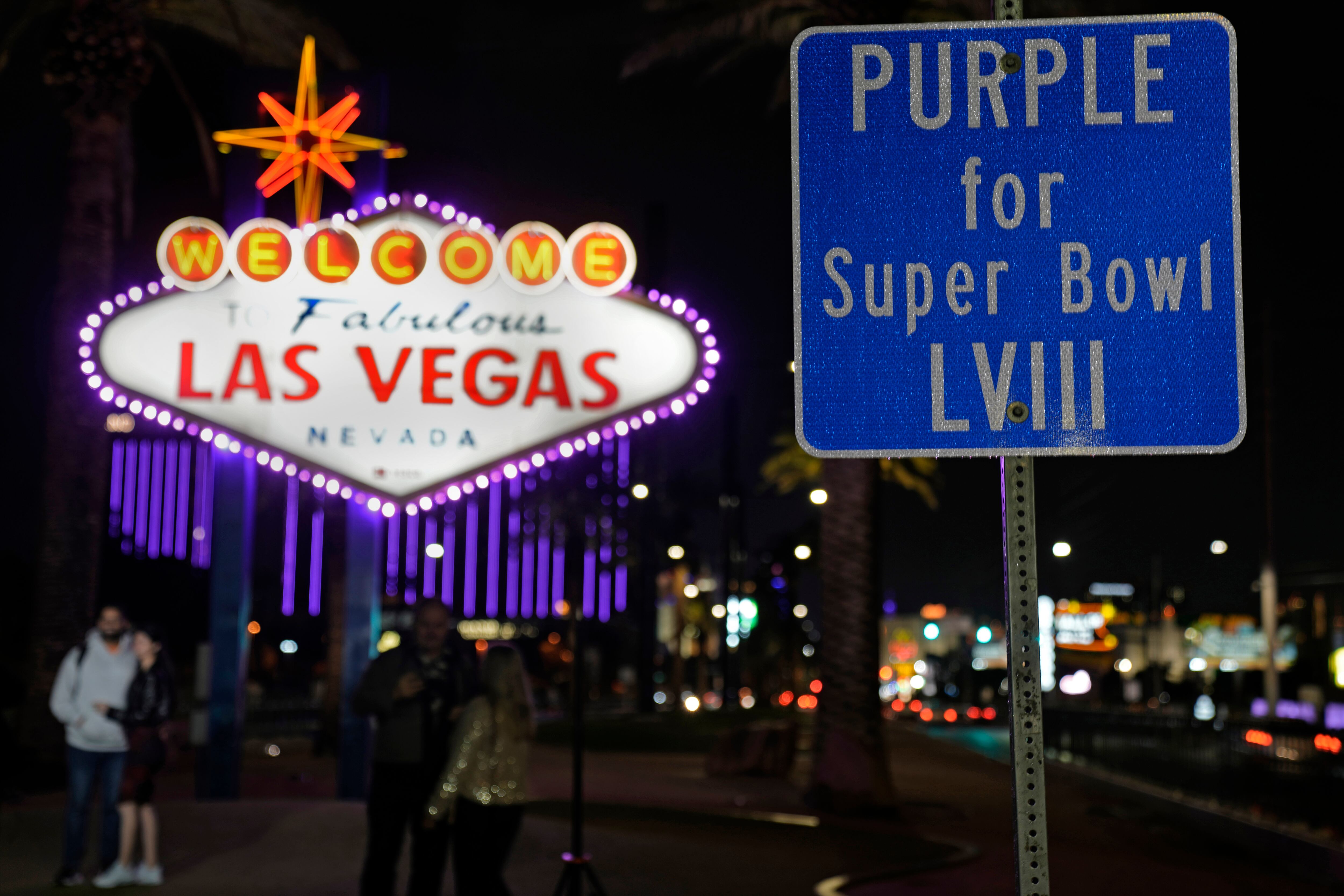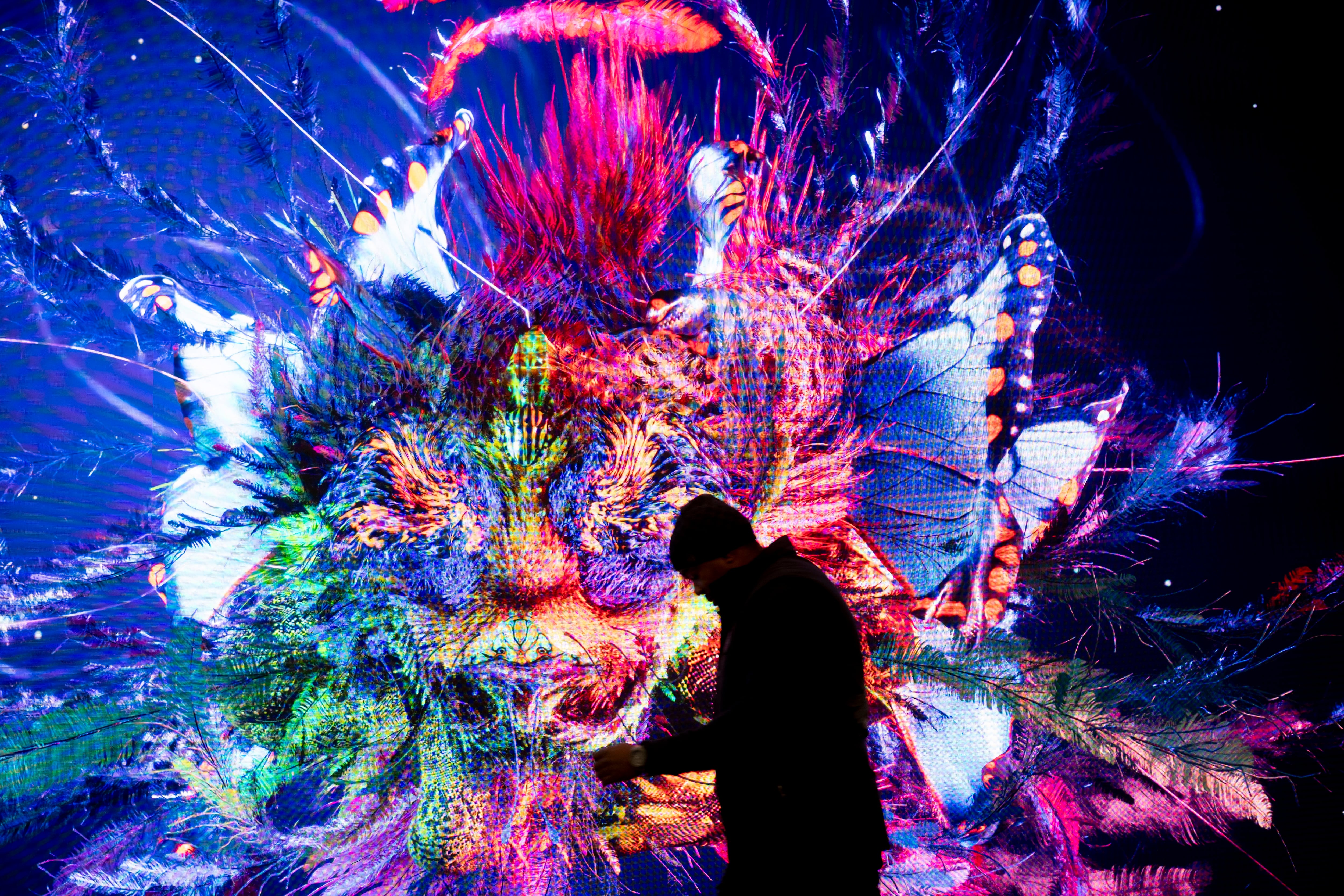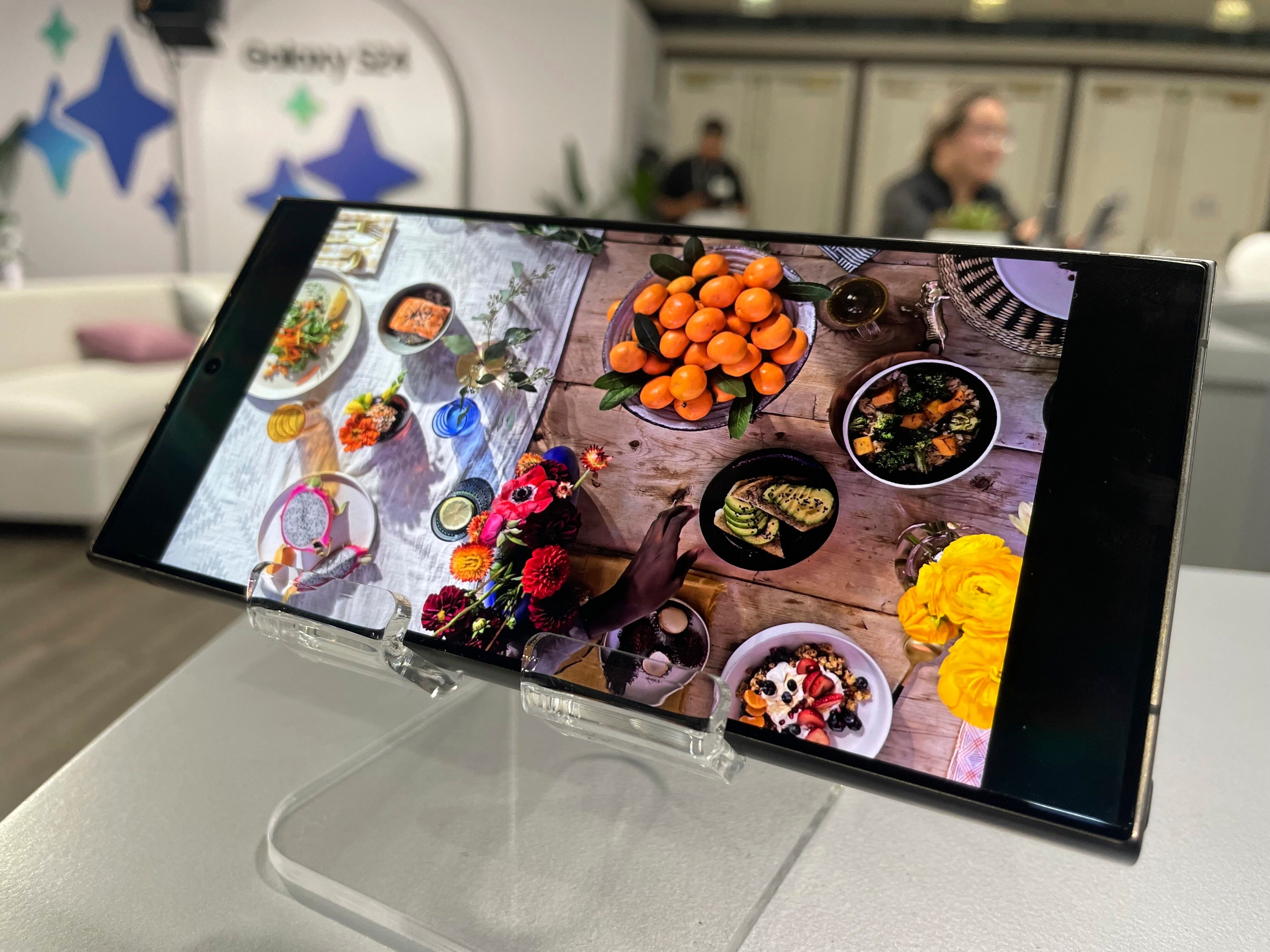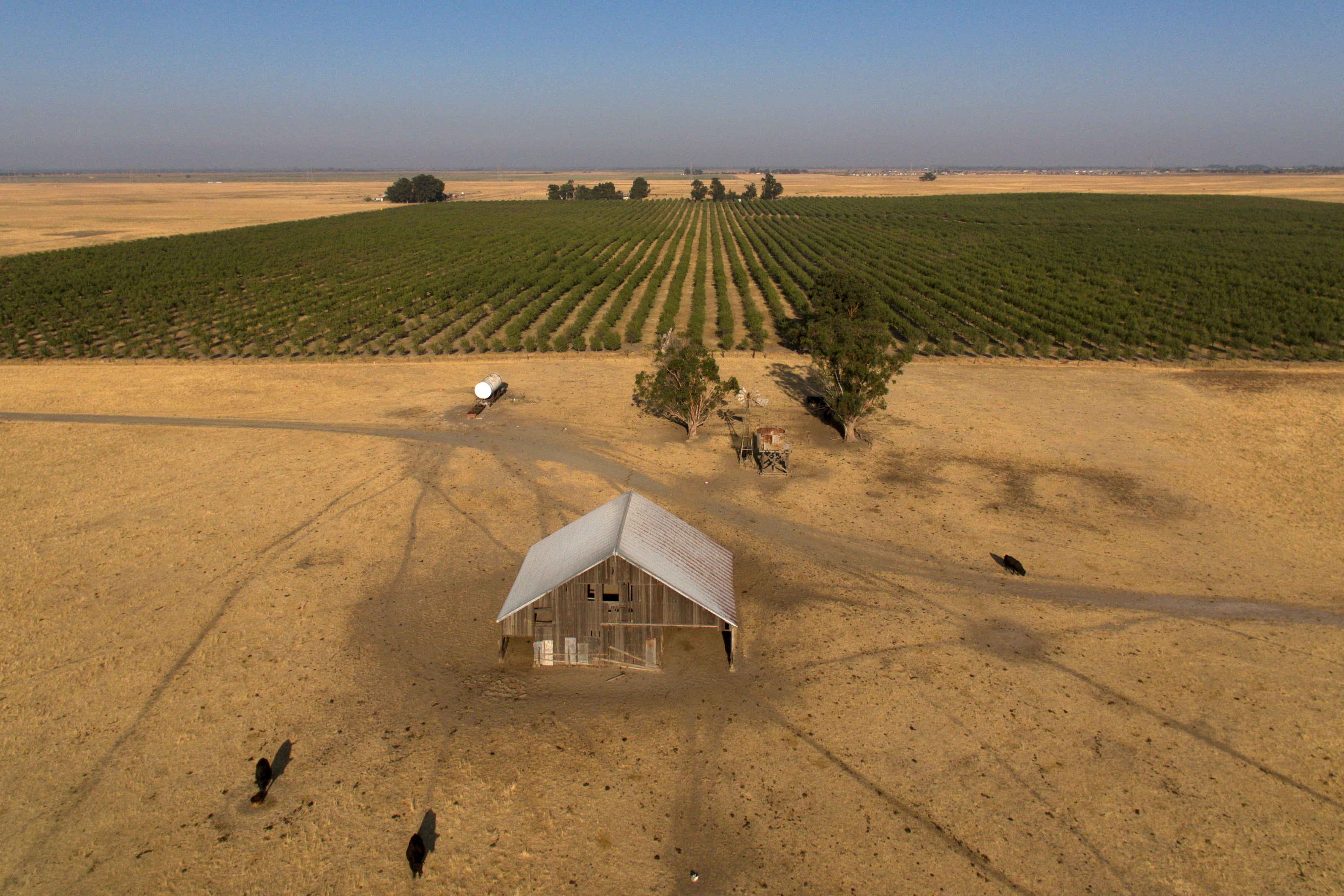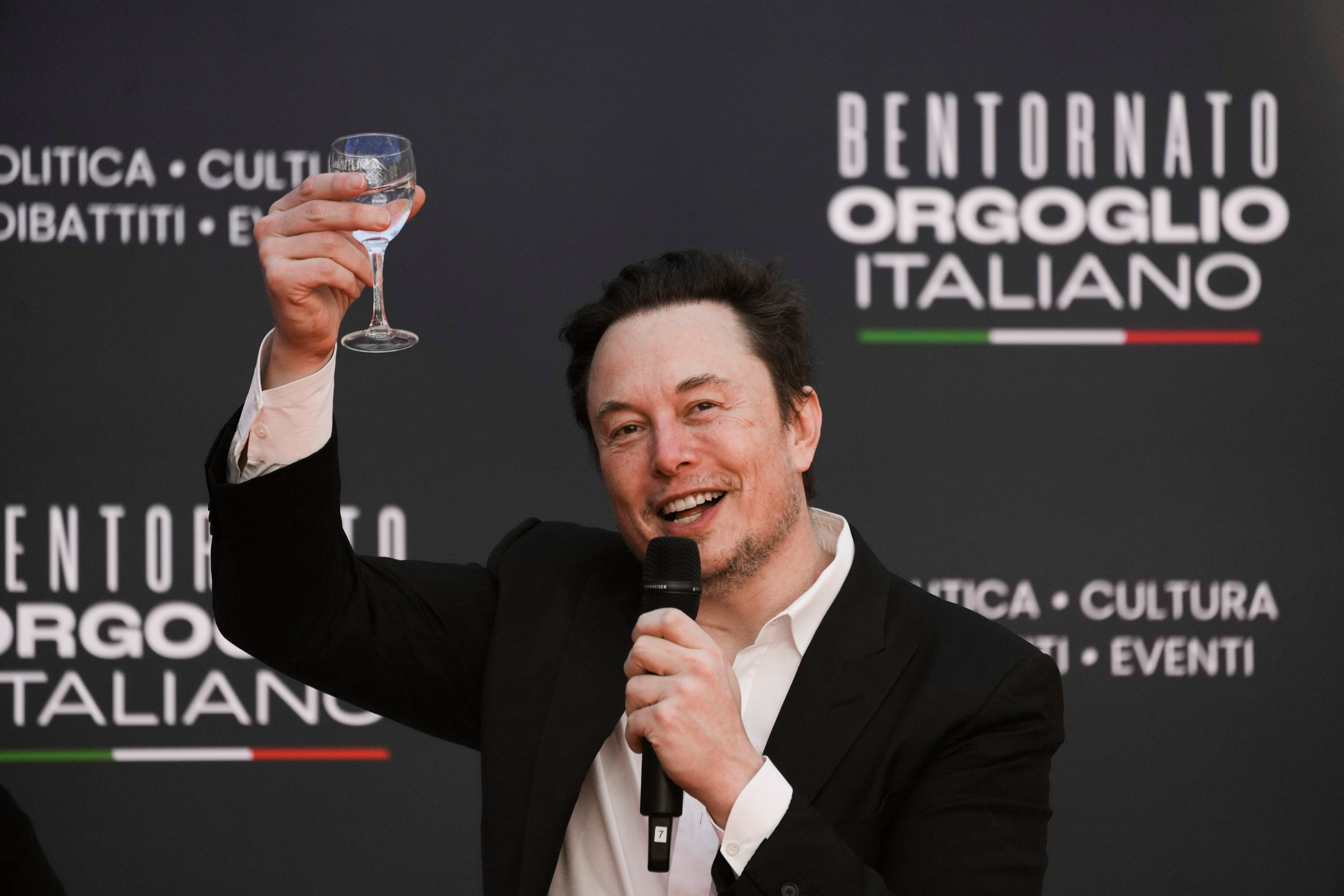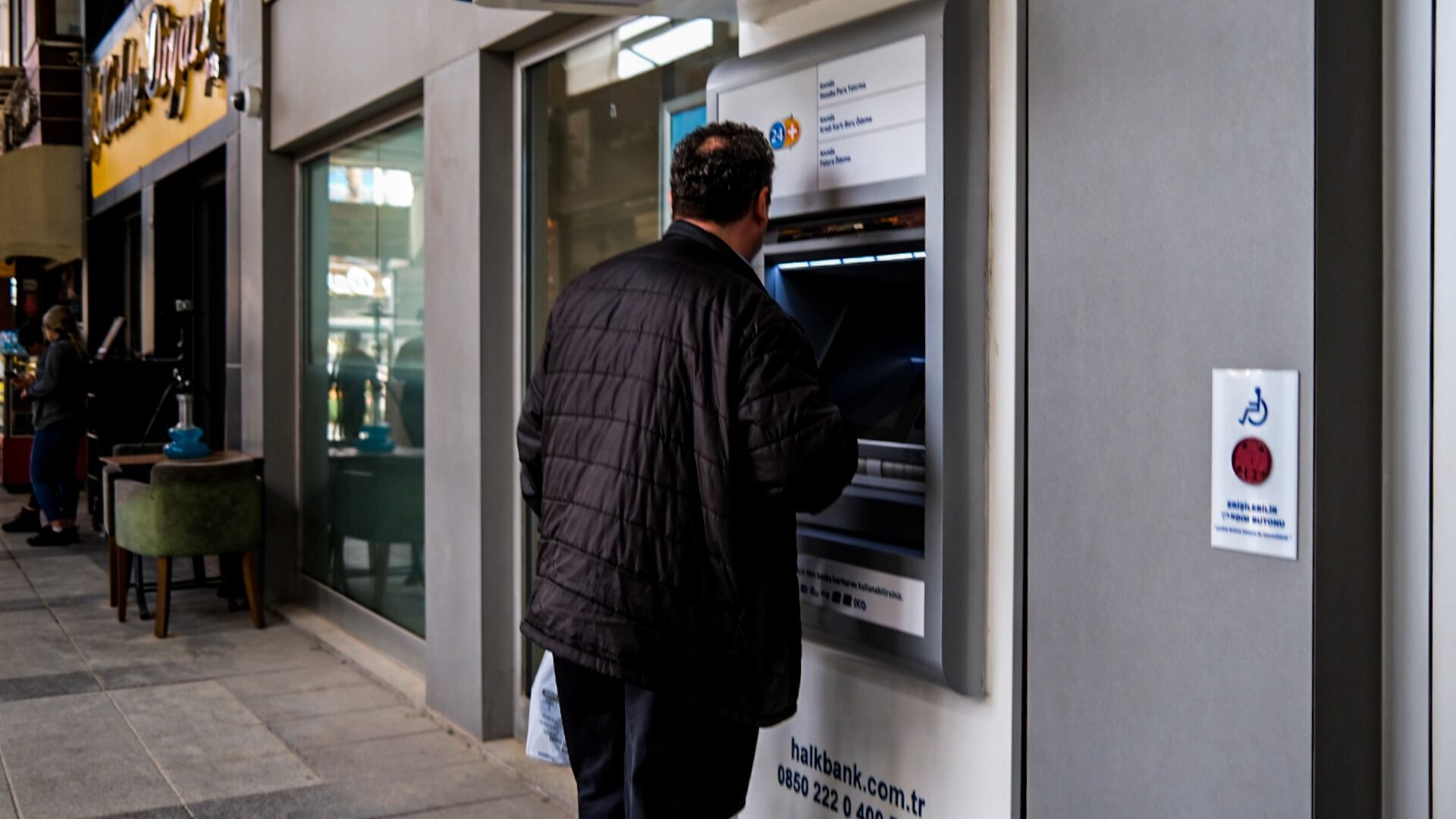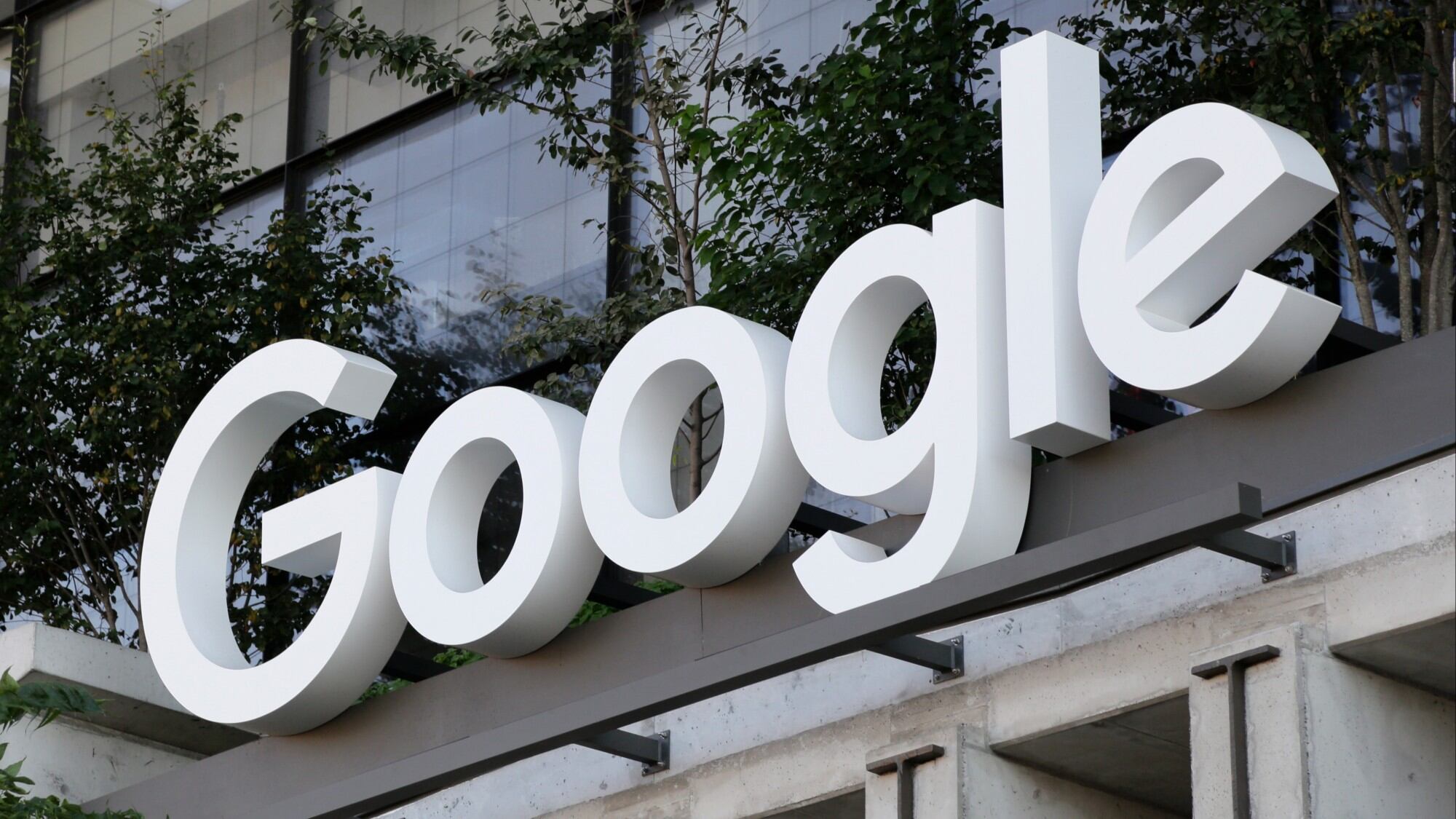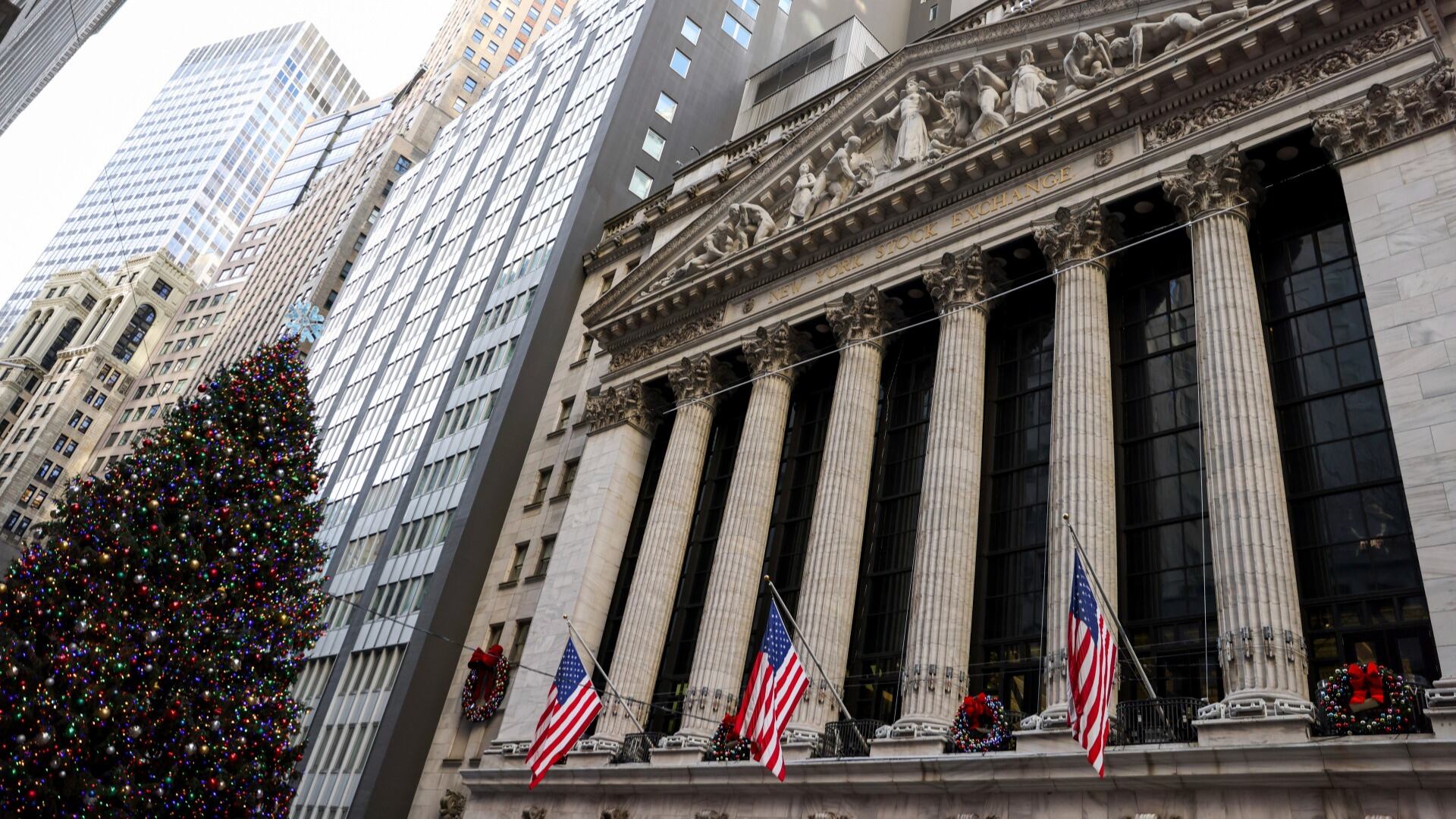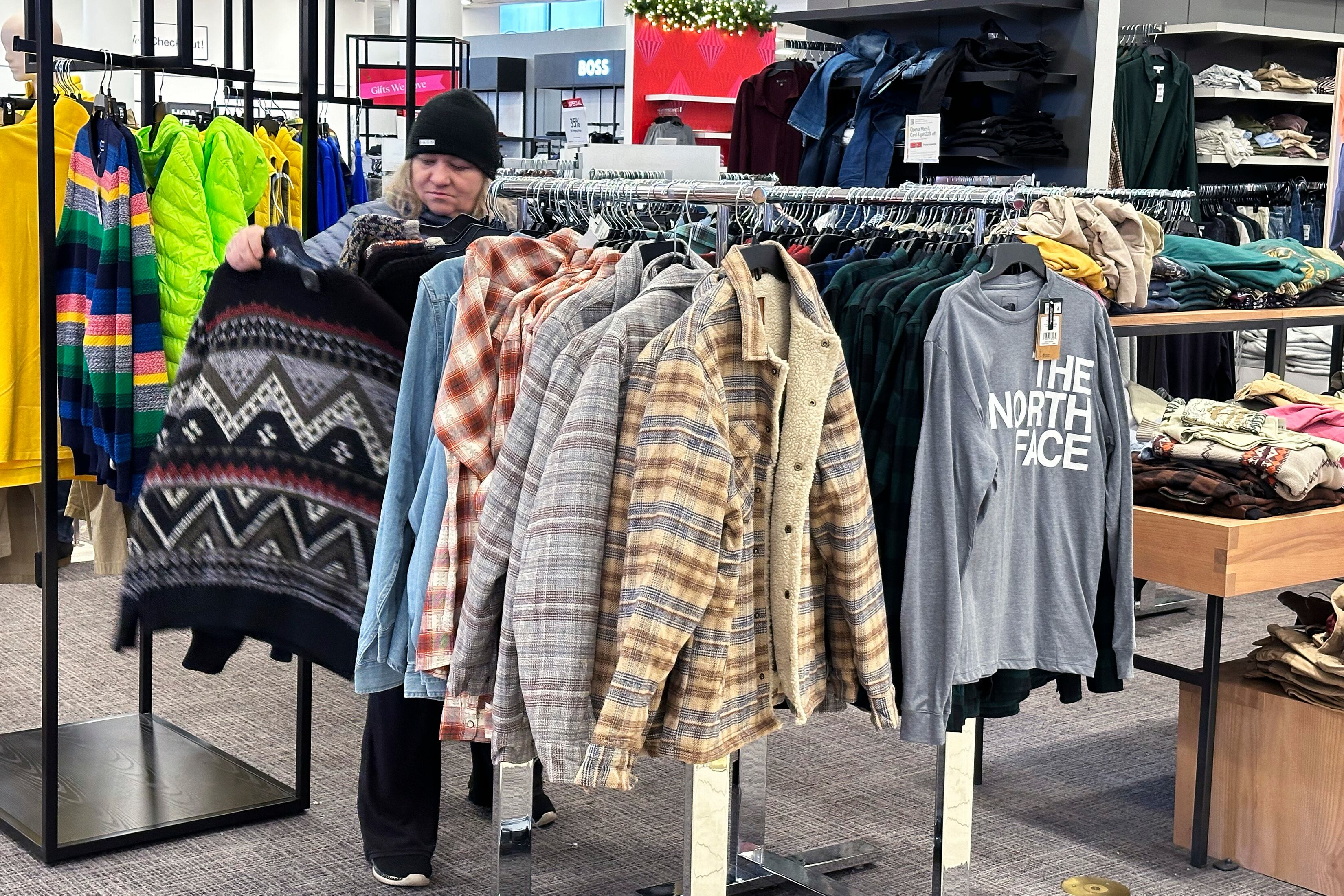The Super Bowl is the biggest sports day of the year, but the Big Game this weekend could be even bigger because of its location: Las Vegas — for the first time ever.
A marriage between the NFL and the United States’ gambling mecca seemed unthinkable even a decade ago, but things have changed. Following the Supreme Court’s 2018 decision to effectively legalize sports betting, leagues have flocked to the Nevada desert, from the WNBA and NHL to, of course, the NFL, thanks to the relocation of the Raiders from Oakland, California.
Now, with the game just days away, consumers and advertisers alike are opening their wallets and spending some serious money. What does Super Bowl LVIII cost, anyway?
$9,500: A single ticket
For the first time in a long time, stars like Adele and U2 won’t be the hottest ticket on the strip. While an Adele ticket goes for an average of $396, and U2 at the buzzed-about Sphere is averaging $969, the average price for a single ticket to Las Vegas’ first-ever Super Bowl is hovering around $9,500, according to StubHub. That’s an increase of 93% over last year’s game in Phoenix.
$1.3 billion: Arizona's Super Bowl-sized economic boost last year
And if Arizona’s results are any indication, Nevada has some serious cash headed its way. Eight months after the Kansas City Chiefs pulled out a 38–35 win over the Philadelphia Eagles, David Rousseau, chairman of the Arizona Super Bowl Host Committee, announced the game had generated $1.3 billion in total economic output for Arizona, and contributed $726.1 million toward the state’s gross domestic product. That’s the highest economic impact of any event in Arizona’s history. The last time the state hosted the big game back in 2015, the event generated $719.4 million in total economic output. And of course, Phoenix is not Las Vegas. Sorry, Phoenix—few places are.
$573: A calm, relaxing, serene night at a Vegas hotel
The combination of the Super Bowl, existing entertainment options, and legalized gambling is expected to lead to eye-popping costs for anyone spending the next few days in Las Vegas. According to a study by CoStar, a real estate data company, the average cost of a hotel room in Las Vegas for a single night between February 9 and 11 will be $573, breaking the old record for a Super Bowl stay of $559 set by Miami in 2020.
$23.1 billion: Bets (yes, even illegal ones)
As for gambling, a record 67.8 million Americans are expected to wager on Super Bowl LVIII, a 35% increase from last year’s Super Bowl, according to the American Gaming Association. Those bets will total a staggering $23.1 billion, up from $16 billion on last year’s game. That number includes bets placed with legal platforms, illegal bookies, and online operations in other countries. Market researcher Eilers & Krejcik expects 13% of the money bet with legal sportsbooks will come from Nevada, or just under $3 billion.
$17.3 billion: Game-related spending by both IRL and faraway viewers
There will also be plenty of money spent on the Super Bowl even by those not in Las Vegas and not gambling. According to the National Retail Federation, spending on food, drinks, apparel, party decorations, and other categories related to the Super Bowl is expected to reach $17.3 billion. That's up about $1 billion from last year's game. When inflation is factored in, it’s more like a $500 million increase.
$7 million: 30 seconds of a brand begging for your onscreen attention
Even if you’re watching at home, you’ll see some serious money being spent before your eyes as well. A 30-second ad slot during the game this year costs a record $7 million. That’s over $230,000 per second. When you factor in the cost of actually making the commercial (talent, production, etc.), that number rises to $10 million. So make those bathroom trips quick, and pay attention. There’s a lot of money on the line.
